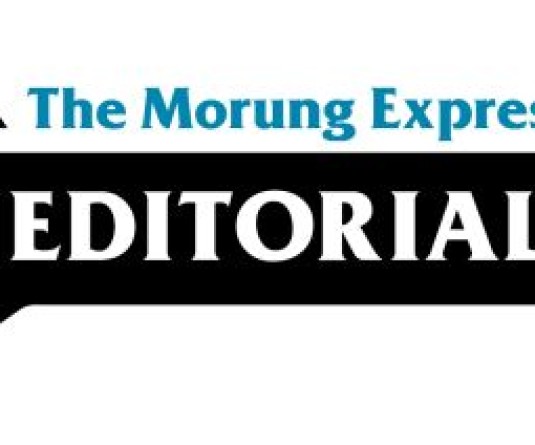
The Naga Reconciliation meeting on February 29, 2012 has been a vital exercise that will add to the vision and clarity on how the Naga political issue needs to be addressed from hereon. For the Naga people, acknowledged as having the supreme will to decide, the coming together of the different Naga political groups in a common platform and sharing their thoughts on the issues of common concern, this we believe has clarified a lot of doubts on the present status of the Indo-Naga peace process and also the stand of the different groups on Naga reconciliation. Although there are still some groups who are not yet part of the Covenant of Reconciliation, yet we believe that everyone in general have now come to acknowledge the reconciliation process spearheaded by the Forum for Naga Reconciliation (FNR). During the February 29 meeting, it was good to learn of the presence of other groups, who may not be officially part of the process. The solidarity message from London based Adinno Phizo of the NNC is also welcomed and the sooner all the remaining groups and leaders outside the process are persuaded to join, the Naga Reconciliation process under the journey of common hope will then become truly inclusive and broad based. Here it is very encouraging to see the affirmation of support and commitment to Naga reconciliation from SS Khaplang. Despite not been able to make it to the February 29 meeting, the positive message coming from the NSCN Khaplang should be welcomed. In fact Chairman SS Khaplang is a signatory of the Covenant of Reconciliation (CoR) and he has clearly stated in his latest communiqué that the NSCN is sincere and firm in reiterating the need to uphold the CoR.
The FNR should use the goodwill generated by the February 29 meeting and also the positive signals coming from other leaders/groups to urgently work in making the process inclusive. The FNR has rightly mentioned during the February 29 meeting that the door to reconciliation is kept open. But perhaps the FNR should not just wait for the others to join in but rather it needs to go and reach out. Some kind of back channel diplomacy will be required and some emissary can be used to approach these groups along with a copy of what the historic reconciliation meeting had resolved. Then the other question for the FNR is that since the CoR has three (original) signatories namely Isak Chishi Swu, SS Khaplang and Brig (Retd) Singnya, perhaps there is a need to expand the representation of the CoR and include the concern name/s for example Gen (Retd) Khole Konyak. This is much more then a technical thing and something that needs to be rectified. Having come this far, the FNR will need to invest more time and effort to finish the remainder of the task. The pieces of the jigsaw puzzle are falling into place and we are almost there. And it is for this reason that it becomes extremely important for the FNR to remain in control of the process until such a time when it is absolutely sure that Naga reconciliation can move to the next stage of a truly inclusive and common platform of our national groups. It goes without saying that Nagas will have to look at reconciliation, especially of our divided body politic, as a step by step approach. We need to let good sense and patience prevail at this crucial period. Let’s be clear that the task of the FNR is not over yet. It should be given the space to continue its work, which according to this column; it has so far done with honesty and integrity.






